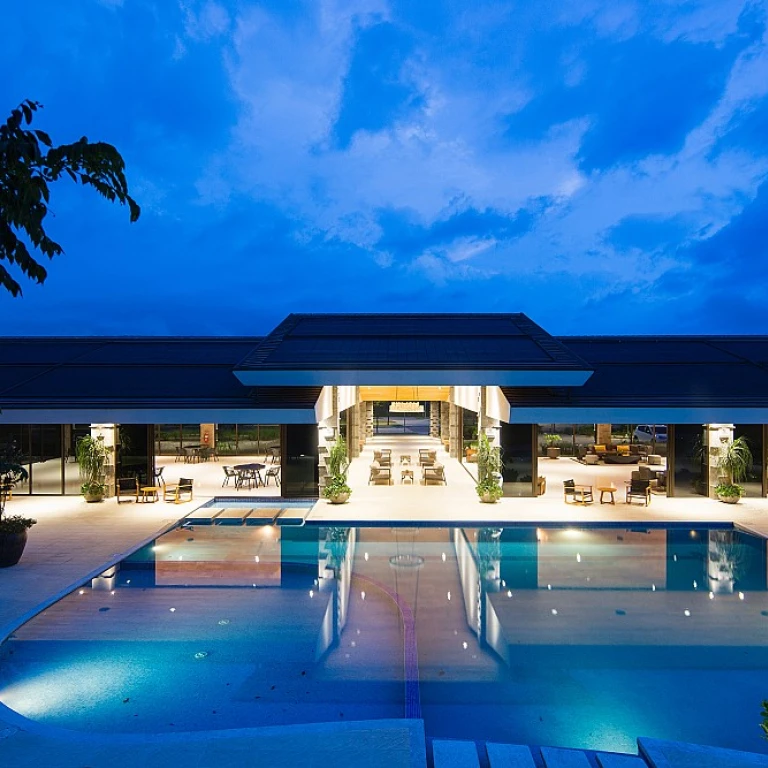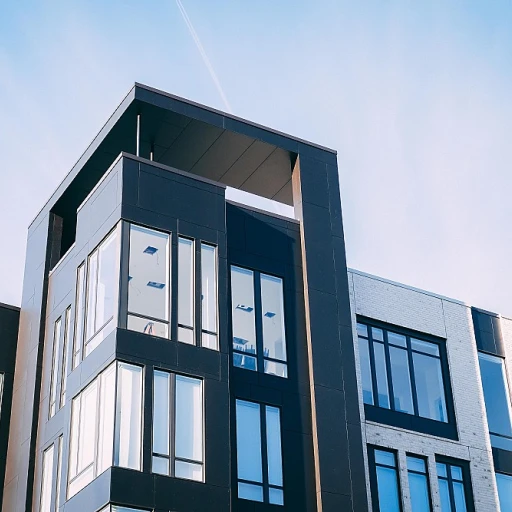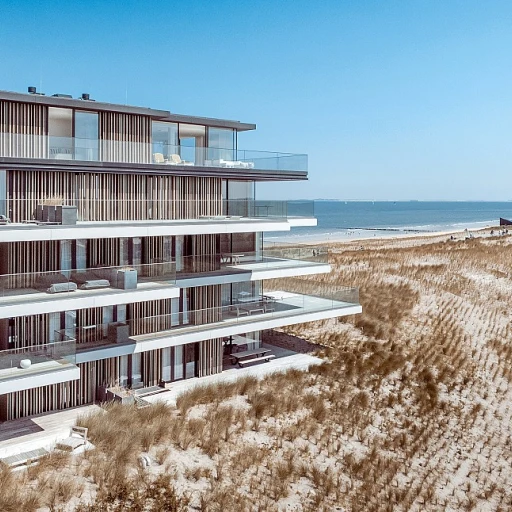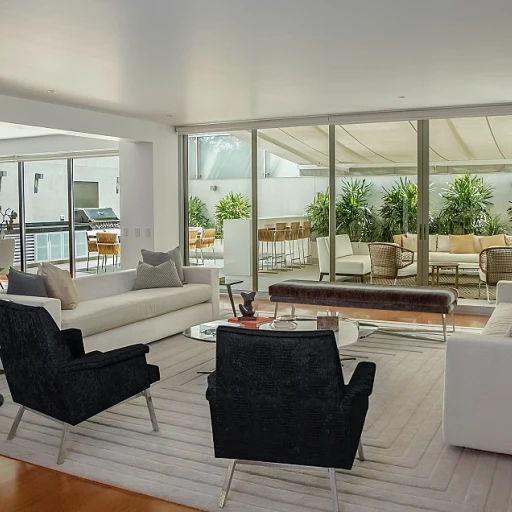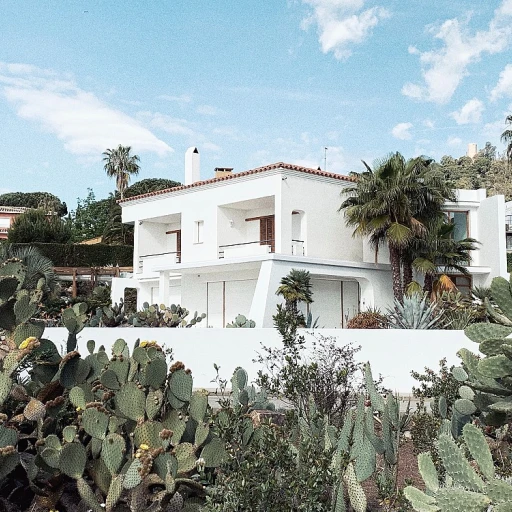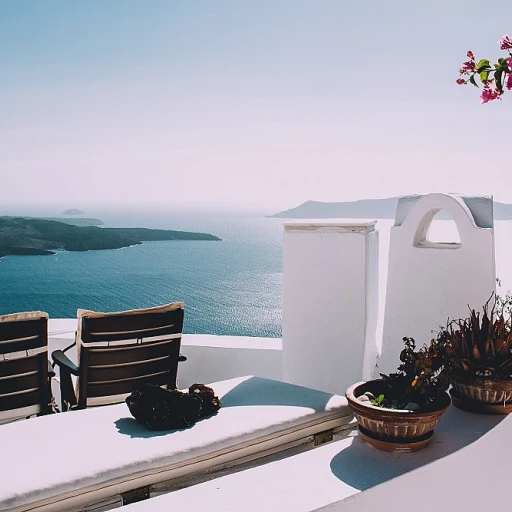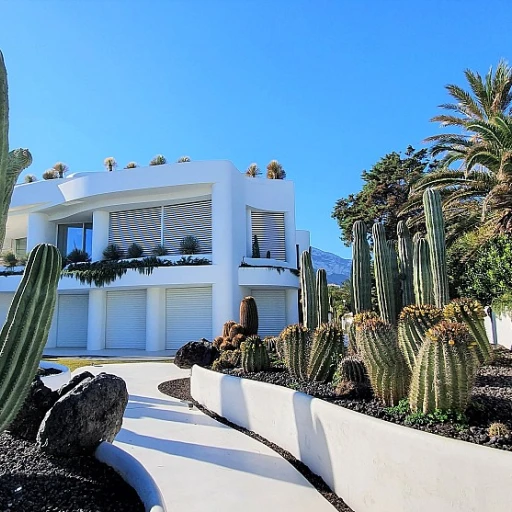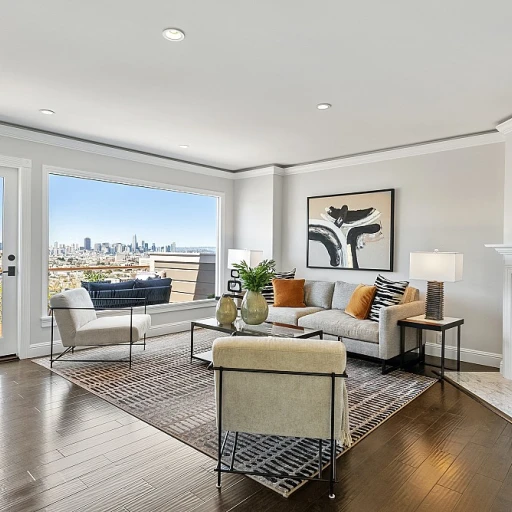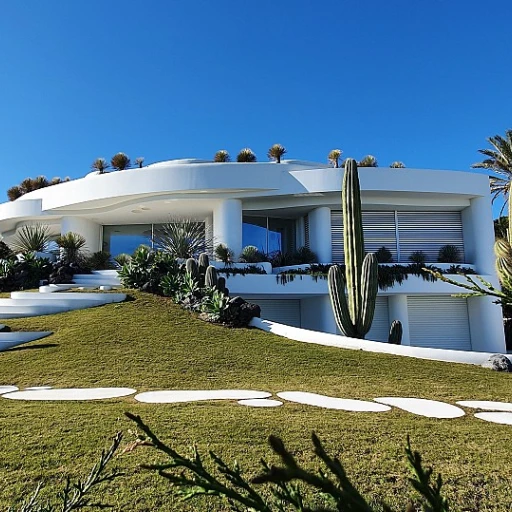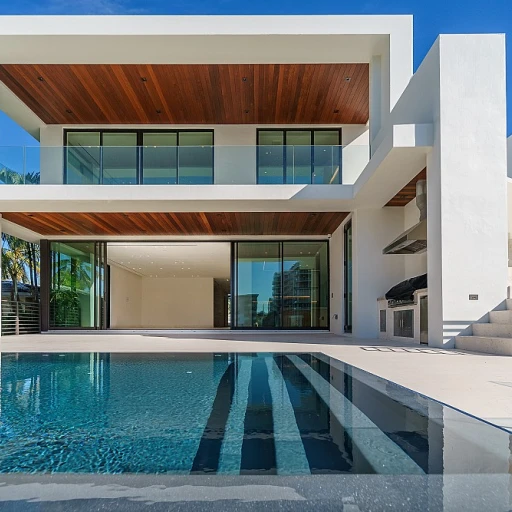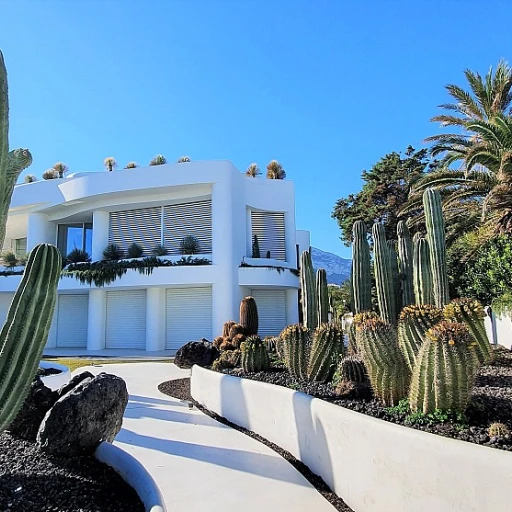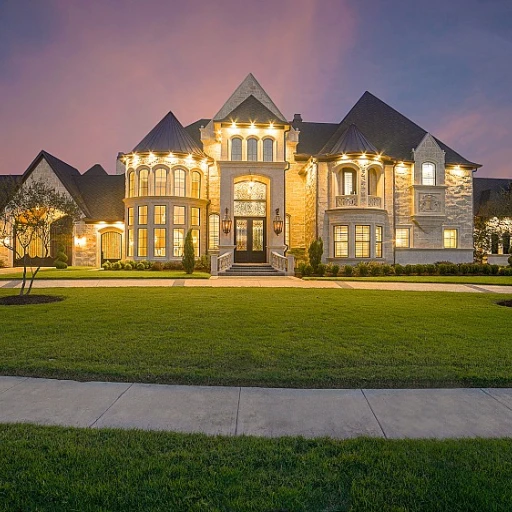
Understanding Market Dynamics
Grasping the Shifts in Real Estate Markets
The real estate landscape in both the US and Dubai is swiftly evolving, shaped by unique market dynamics that demand astute attention from investors. In the US, residential and commercial properties continue to experience varying levels of demand, with certain cities seeing exponential growth due to population shifts and urbanization trends. In parallel, Dubai's estate market is marked by a burgeoning demand for luxury properties, drawing interest from investors worldwide.
Both markets showcase distinct trends that property investors should consider. In the US, there is an observable surge in demand for affordable housing, partly driven by population growth and economic recovery efforts. Meanwhile, Dubai's real estate sector thrives on foreign investment, catalyzing both capital appreciation and an upward trend in rental yields.
Understanding these market dynamics is crucial for navigating property investments effectively. For instance, recognizing the macroeconomic indicators that drive growth can empower investors to make informed decisions about long-term and short-term investments. Such knowledge also equips investors to identify lucrative opportunities in both residential and commercial domains, maximizing potential returns in a competitive market.
Investment Opportunities
Exploring Potential Property Investments: Opportunities in a Vibrant Landscape
The real estate market in both the US and Dubai is bustling with potential, attracting investors from around the globe. Each region presents unique investment opportunities that cater to a diverse array of financial preferences and strategic objectives. Understanding the specific characteristics of these markets is crucial for making informed decisions. In Dubai, the demand for real estate is continually fueled by significant population growth and the city's evolving image as a global business hub. The rise of luxury properties in this Middle Eastern city is noteworthy, drawing interest from local and international investors seeking capital appreciation and long-term returns. The Dubai property market is distinguished by its impressive rental yields, especially in the residential and commercial segments. The city offers a dynamic range of investment opportunities, from high-end residential properties to affordable housing solutions, each delivering varying degrees of capital appreciation and rental potential. With its market growth and increasing demand, Dubai real has become a prime market for potential investors who are looking to diversify their portfolios with high-yield assets. Meanwhile, in the United States, the real estate landscape is equally vibrant, offering prospective property investors a plethora of avenues. Investors are often drawn by the stable economic environment and the potential for long-term returns across diverse markets. Both the rental and sales markets offer promising trends, although varying state regulations can present unique challenges. In both regions, there is a growing interest in sustainable and innovative real estate solutions. Many investors are aligning their portfolios with trends that prioritize environmental responsibility and technological integration. For those looking to delve further into understanding the complexities and opportunities within these vibrant markets, you may want to explore how navigating the complexities of distressed properties can unlock potential investment opportunities. As these markets continue to evolve, staying informed about the latest trends and emerging opportunities will be essential for investors aiming to maximize their returns and capitalize on the growth of the real estate sector.Legal and Regulatory Challenges
Legal and Regulatory Hurdles in Real Estate Markets
Navigating the legal and regulatory challenges in the real estate markets of both the US and Dubai is of paramount importance for property investors. Understanding the intricacies of legal frameworks can significantly impact your investment journey and capital appreciation in these dynamic locations. In Dubai, the real estate market is governed by a unique set of regulations distinct from those in the United States. The city has been focusing on creating a favorable environment for foreign investment, leading to burgeoning opportunities in both residential and commercial properties. However, understanding local property ownership laws is crucial for ensuring compliance and maximizing rental yields. In the US, the market is vast and diverse, and each state can have its own set of real estate laws. For property investors seeking a deep dive into the complexities of real estate transactions in specific areas, a thorough grasp of these regulations can provide a competitive edge. Moreover, as sustainability and innovation become increasingly prioritized, both regions are witnessing a shift in regulatory trends. Green building standards, for instance, are gaining traction, influencing long-term demand and growth in the market. Understanding these legal and regulatory landscapes will not only help investors avoid potential pitfalls but will also align their strategies with predicted trends in the estate sector, whether in the bustling city of Dubai or diverse markets across the United States.Cultural Influences on Real Estate
The Role of Cultural Norms in Real Estate
Understanding cultural norms is paramount when engaging with the real estate market in both the US and Dubai. Distinct cultural influences shape property demand and the types of residential and commercial properties available. In Dubai, the cultural fabric is woven into the real estate landscape, offering blends of traditional and modern structures. Known for its luxury properties, Dubai provides an attractive proposition for property investors seeking high rental yields and capital appreciation.
Influence of Local Customs
Local customs and traditions can affect market trends and investment strategies. For instance, Dubai's growth in the real estate sector is partly fueled by its position as a cultural and economic hub in the Middle East. The city's property market continues to experience increased demand from both local and foreign investors. Cultural elements, such as architectural design preferences and community planning, are crucial factors that contribute to this market growth.
Cross-Cultural Real Estate Trends
The US real estate sector, while distinct, also feels the impact of cultural dynamics. Diverse cultural influences contribute to varying property investment strategies across different states. Investors in the US may focus on long term capital appreciation or short term rental returns depending on regional population growth and demand for luxury homes.
Global Reach and Cultural Adaptability
Dubai's diverse population, with its mix of expatriates and local residents, has created a unique property market with a broad range of investment opportunities. Meanwhile, the US real estate market's international appeal is evidenced by its inclusion of investors from the Middle East seeking to diversify their portfolios. Each market demands that investors understand and respect cultural nuances to navigate effectively. This adaptability is essential in realizing optimized returns on property ownership in any international estate market.
Sustainability and Innovation
Embracing Sustainability in Real Estate Developments
The pursuit of sustainability within the real estate sector has become a pivotal trend, influencing both the US and Dubai property market. As cities strive for more eco-friendly solutions, the demand for sustainable practices is shaping how developers approach new projects. This shift is not merely an ethical consideration but increasingly becomes a financial strategy, promising long-term capital appreciation and attractive rental yields for environmentally conscious investors.
In Dubai, the integration of green building techniques and renewable energy sources reflects the real estate market's commitment to sustainability. The city's skyline now includes numerous properties certified with global standards for environmental friendliness. These developments meet the expectations of property investors who prioritize sustainability, ensuring a balance between growth and responsible urban development.
Innovation Redefining Living Spaces
Innovation in real estate is reshaping residential and commercial properties to accommodate evolving lifestyle needs. Smart homes equipped with cutting-edge technology, from energy-efficient heating systems to advanced security features, are becoming increasingly popular. property ownership decisions are heavily influenced by these innovations, offering a blend of luxury and practicality that resonates with modern buyers.
Additionally, in response to population growth, city planners are focusing on mixed-use developments that integrate living, working, and recreational spaces. This trend highlights the need for creative solutions to address the pressures of urbanization in the Middle East, particularly in rapidly growing hubs like Dubai. These strategies are crucial for maintaining a vibrant, efficient, and sustainable urban environment.
Opportunities in Sustainable Investment
For property investors looking at the US and Dubai markets, identifying sustainable investment opportunities offers promising returns. Long-term trends favor properties that embrace eco-friendly designs, as these are likely to attract stable rental demand and yield higher rental returns. Furthermore, the global shift towards sustainable development encourages foreign investment in projects that align with environmental priorities.
As the estate market continues to evolve, stakeholders must consider sustainability and innovation as key components of their investment strategy, ensuring they remain competitive and fulfill the expectations of an increasingly environment-conscious market landscape.
Strategies for Success
Guiding Principles for Thriving in Real Estate
Emerging as a successful player in the real estate market, in both the US and Dubai, demands a nuanced understanding of diverse factors. Here are strategic approaches that can lead to favorable outcomes:
- Foster In-Depth Market Analysis: A thorough comprehension of market dynamics is fundamental. Engaging in constant reassessment of local property trends ensures alignment with the changing investment opportunities and market growth.
- Focus on Long-term Growth: While immediate gains can be alluring, prioritization of capital appreciation and sustainability secures long-term returns. As the population growth in places like Dubai fuels demand, focusing on adaptable and long-term strategies is vital.
- Prioritize Legal and Regulatory Acumen: Navigating the complexities of property ownership and legal frameworks in different regions requires awareness and adaptability. Awareness of legal and regulatory challenges can prevent potential pitfalls.
- Adapt to Cultural Norms: The impact of cultural influences on real estate cannot be understated, especially in regions with diverse demographics like the Middle East. Catering to luxury properties and local preferences bolsters market presence.
- Innovate with Sustainability: The demand for sustainable solutions is ever-increasing. Embracing innovative approaches not only enhances environmental impact but also aligns with emerging property demands.
By employing these targeted strategies, investors can adeptly navigate the real estate sector, whether focusing on residential properties, the fast-paced Dubai real estate market, or the expanding landscape of affordable housing and rental yields. Understanding both macroeconomic indicators and localized estate sector intricacies facilitates a holistic approach to real estate success.
